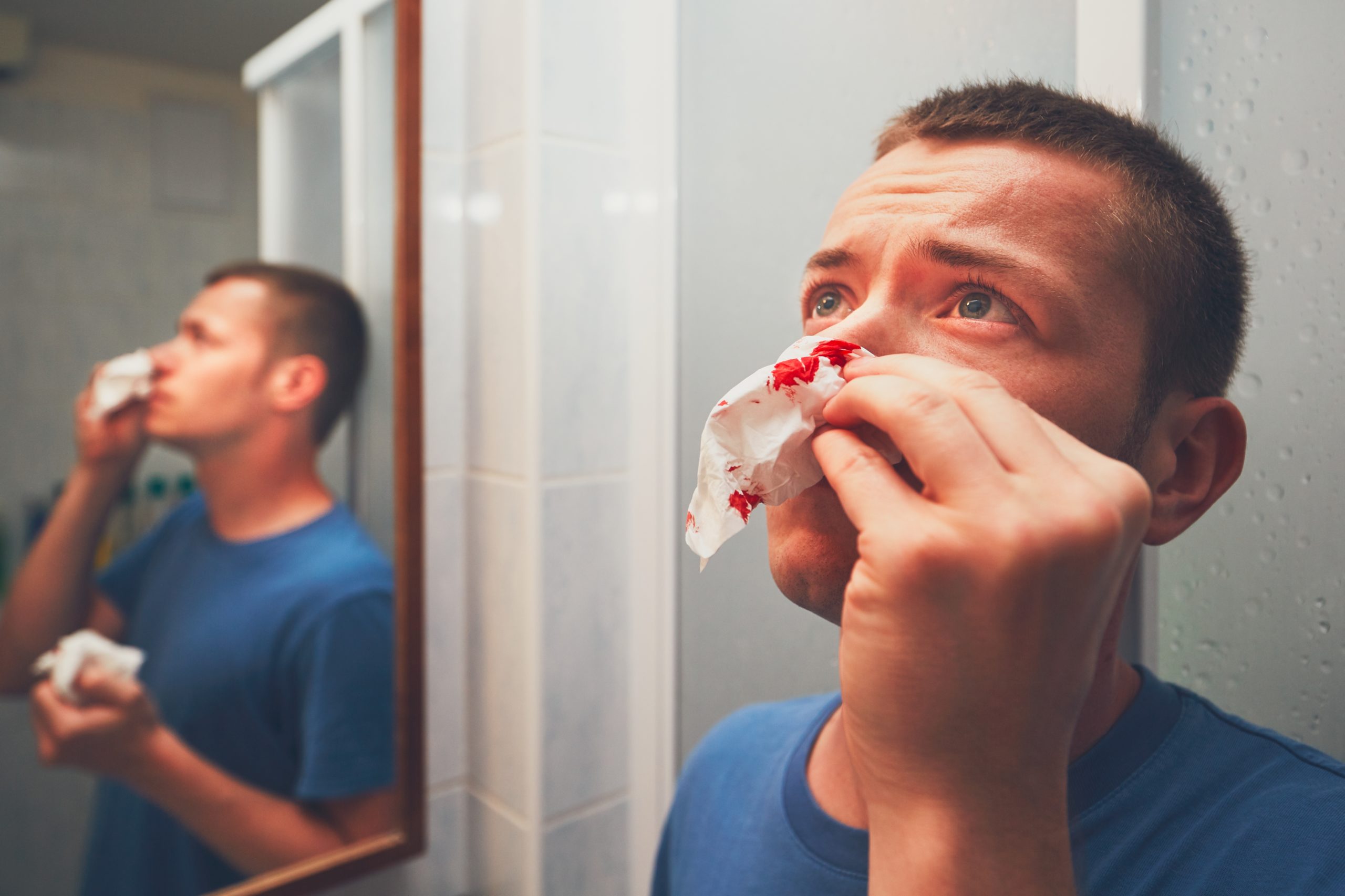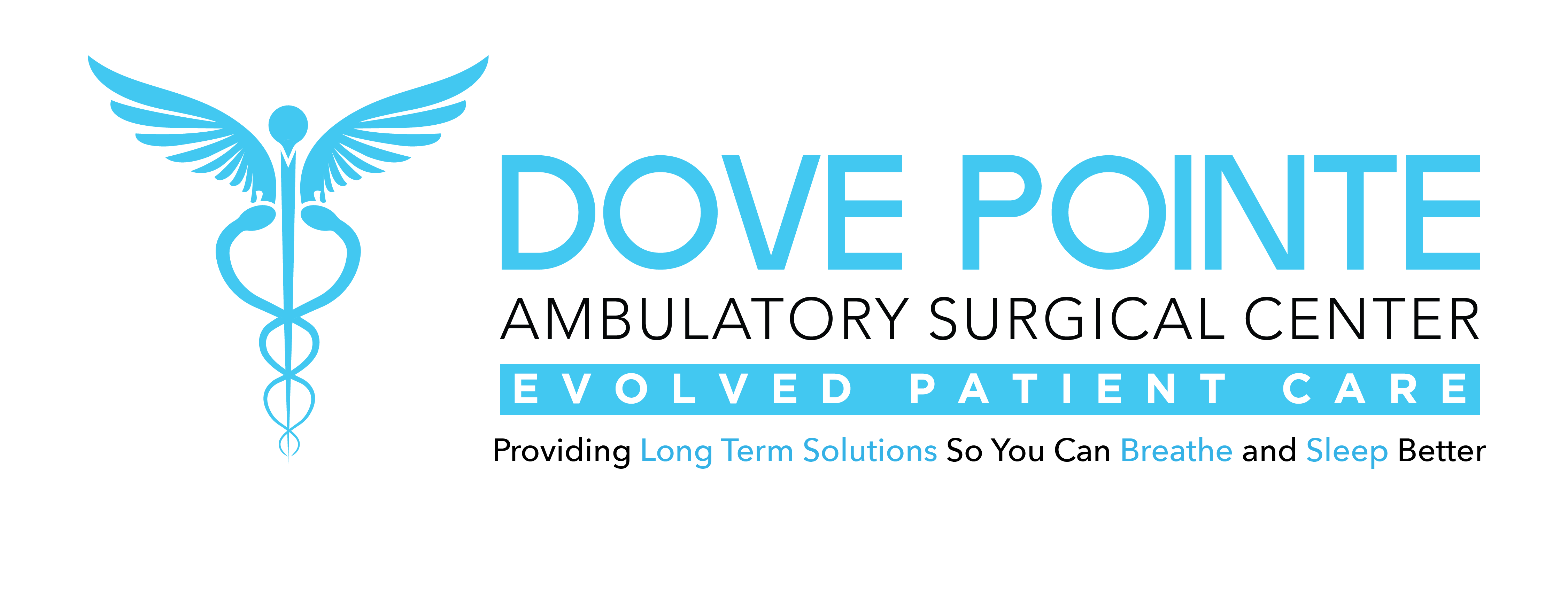When a nosebleed occurs, it can often be uncomfortable and scary for those who are not used to them. However, the good news is that nosebleeds are rarely serious and can be easily stopped once they take place 一 and sometimes even prevented.
Today, your trustworthy McAllen sinus relief specialists at the Glatz Group of Valley ENT will shed light on what causes nosebleeds and how you can lower your chances of getting one.
What Causes a Nosebleed?
Most nosebleeds happen without warning and don’t have a known cause. However, if you suffer from recurring nosebleeds, there are several potential factors that may be causing them, including but not limited to:
- Dry climates
- Picking or rubbing your nose
- Repeated nose-blowing
- An injury to your nose
- A foreign object in your nose
- A deviated septum
- Allergies or allergy medications that dry out your nose, such as antihistamines or decongestants
- A sinus infection
- Pregnancy
- Alcohol use
- Taking aspirin or certain blood thinners
Nosebleeds can also be caused by bleeding disorders, which are more severe but uncommon. If you have nosebleeds that can’t be stopped or if you bleed excessively from minor cuts, it is crucial to seek out medical care to determine if you are suffering from a bleeding disorder.
It is in your best interest to take bleeding disorders seriously because this means that platelets in your blood that help clotting are either missing or not functioning properly.
Stopping a Nosebleed
Most nosebleeds can be easily treated at home by doing the following:
- Stay calm - getting nervous and anxious can make you bleed more.
- Sit up and keep your head above your heart - laying down can lead to swallowing blood, which can cause an upset stomach and vomiting.
- Lean forward - this helps keep the blood from draining down the back of your throat.
- Try using a nasal spray - products like Afrin can help to minimize bleeding.
- Pinch your nostrils - keep your nostrils closed by pinching them using your thumb and index fingers. Do this for 5-10 minutes while making sure to breathe through your mouth.
Once the bleeding stops, do not touch or blow your nose immediately as this can make the bleeding start again.
When You Should Seek Medical Care
Although needing medical care for a nosebleed is rare, it is still important to seek immediate medical attention if you experience any of the following:
- The bleeding does not stop after 30 minutes.
- Bleeding is extremely heavy and pouring down the back of your throat and out of the front of your nose.
- Bleeding that is accompanied by other symptoms, including high blood pressure, lightheadedness, chest pain, and rapid heart rate.
- Nosebleeds that occur 4-6 times a week or more than 6 times a month.
Preventing Future Nosebleeds
Tips to help prevent nosebleeds from happening include:
- When the air is dry, try using over-the-counter saline nasal sprays every 2-3 hours while awake.
- Try using a cool-mist humidifier in your room at night while sleeping.
- Coat the inside of your nostrils with Vaseline or Ayr Saline Gel two times a day, especially at night before bed.
- Place a cotton ball soaked in vaseline in the affected nostril overnight.



